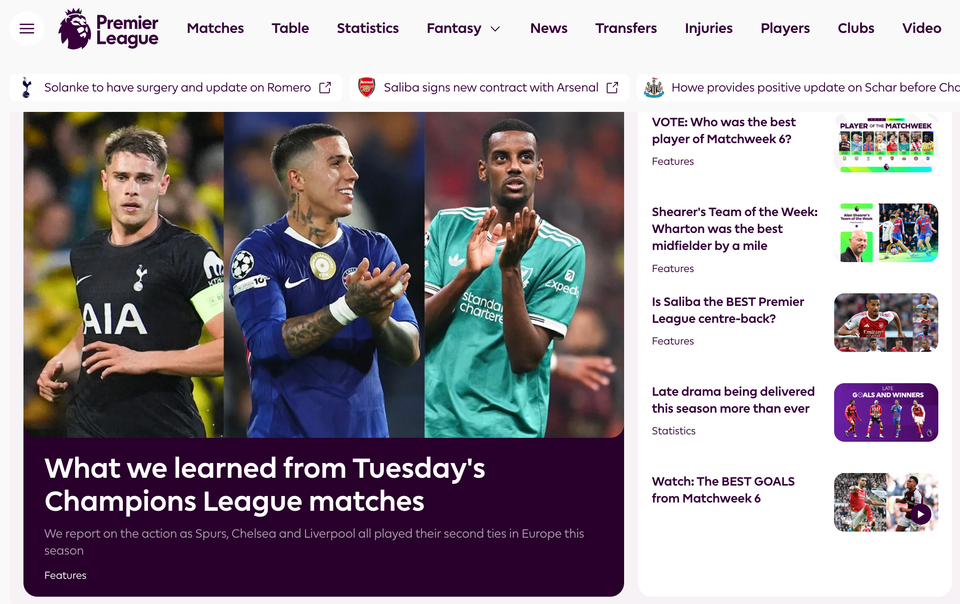Acision: Mobile tariffs out of step with consumer usage habits
I’m sure you’ll have read the headlines this week about consumers being royally nailed by their operators by agreeing to pay for a price plan that they don’t actually end up using. If not, here’s a bit of a refresher by way of Acision, the global messaging giant:
New research from Ofcom-accredited mobile bill analysis firm billmonitor has revealed that more than three-quarters of UK mobile subscribers are on the wrong mobile contract, wasting £4.899 billion every year (an average of £194.71 per person). The findings revealed that over half of subscribers (52%) are on too large a tariff, using on average just one quarter of their monthly calling allowance; 29% are on too small a tariff, wasting a total of £1.53 billion; finally, a further 19% have the right level of inclusive minutes but are wasting £0.74 billion by not choosing the right contract length or optimising other costs.
What’s does Acision’s top mobile billing chap Steven van Zanen think?
“The explosion in mobile data usage in the wake of the proliferation of smartphones and tablets has transformed the ways in which we use our mobile devices. Mobile social networking, gaming and video streaming are now all common activities and these in turn are affecting the costs which users are incurring. This new research is a further illustration of how existing mobile tariffs are out of step with consumers’ usage habits.”
Agreed. It is ridiculous. I know why the operators are doing it, but I think the time is fast approaching when the price plan as we know it (in terms of minutes and texts) will be obsoleted.
“As both devices and subscribers’ usage habits have become more sophisticated, the standard ‘one-size fits all approach’ to mobile charging is ineffective. Central to providing a greater level of consumer confidence in billing is giving them the power to control and manage their spend in real-time. Recent research from Acision highlighted that over 40% of consumers would be willing to pay for notifications which would prevent out of package cost, reinforcing the consumer demand for greater control over spend. In this way, offering a charging facility which allows consumers to track their mobile spend in real-time provides operators with a unique opportunity to derive genuine competitive advantage in a fiercely contested market.”
I’m with you there Steven. But again, I can see why the operators are quite happy to just sit in silence — no news is good news, because the consumer is either over-using (in which case, they’re paying a premium) or under-using (in which case, you’re making a nice profit). Give the consumer too much clarity and you could see your profits drop quite substantially.
The other way to look at it is by giving control, as Steven asserts, you enable the consumer to choose where they spend their money. It’s then over to the operator to demonstrate value, rather than hiding everything away with obtuse billing plans. If I got a note from Vodafone to let me know when I’d hit my text message limit, or my minute bundle limit, the chances are I’d probably phone up and upgrade to the next plan. Even better, if the alert service could do it for me.
Still… dangerous talk, all this ‘innovation’.
😉



